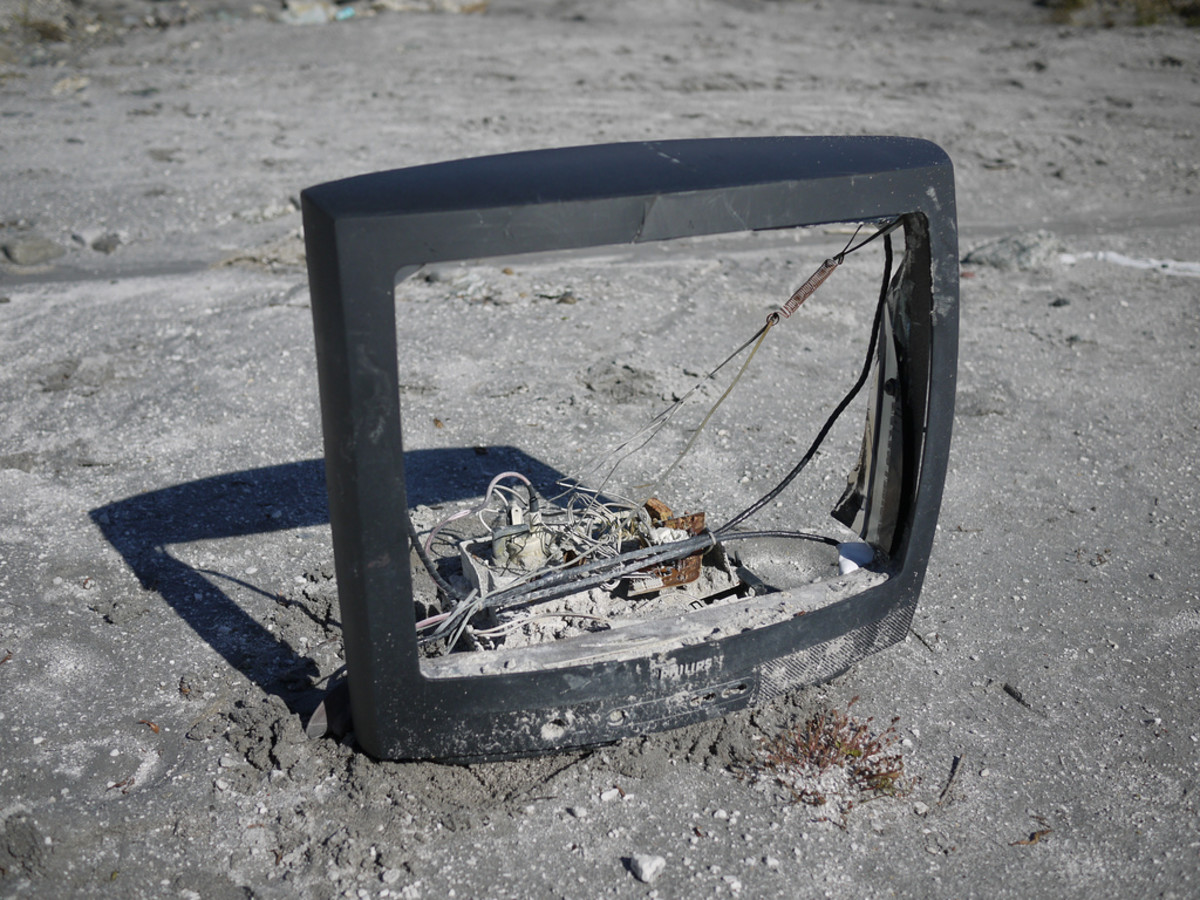Arab satellites promote revolutions
Arab satellite televisions literally had a field day in their coverage of the revolutions and protests engulfing the Middle East and North Africa at end of 2010 and throughout 2011, in fact till today. Every single Arab satellite television will justifiably claim, few years down the road, they shared a piece of the communication pie in their protests coverage, whether in live broadcasts, documentaries, chat shows or flickering text messages at the bottom of the television screens.
Opinion continues to vary over how much independent Arab television stations acted to promote Arab revolutions, but it is believed satellite stations like Al Jazeera and Al Arabyia helped to crystallize the call for political reform across the Middle East.
They did this by bringing the revolutions, and mass protests into the television rooms of audiences and watchers across the Arab world beaming across air waves, and avoiding government censors no longer controlling the communication space. Once one satellite station was banned, it found another frequency to broadcast on.
The start was the non-stop coverage of the Tunisian revolution in late December 2010 and it went on the exposure of protests in Egypt's Tahrir Square and elsewhere in the country in January and February 2011, seeing the removal of President Husni Mubarak. In between there was coverage, albeit sparse, of rising tensions in Yemen and elsewhere in the region.
By focusing on such trouble spots through their cameras, Arab satellites may have galvanized opinion and to some extended acted through picture and sound as the harbinger to other protests in the region in places like Bahrain, Oman, Algeria, Morocco, to some extent Jordan and Libya and Syria and others.
As well these television stations integrated online and social media products into their coverage making sure they are on top of their profession in providing latest news, interviews, pictures and graphics. They reverted to "citizen journalism" in their live coverage through the use of You Tube, Facebook, Twitter and other social media technologies, calling on people to upload their videos, and pictures on TV websites so they can be rebroadcast to viewers and who would have the benefit of receiving up-to-the-minute accounts.
This became the norm in places like Tunisia, Egypt, Yemen, Syria and elsewhere in the region where producers in television studios didn't think twice about the use of such materials. Where television access was denied as the case in Libya in the revolution's early days there was reliance on social media networks, providing valuable slots to viewers.
Despite the communication euphoria, some suggest the satellites view is much more complex with underlying hidden agendas that maybe at times contradictory. One survey by American academic and former journalist Lawrence Pintak at the American University of Cairo suggests 75 percent of journalists questioned see their mission as "driving political and social change".
Also, despite their popularity with audiences across the Arab world commanding viewership loyalty, it is argued some of these channels like Al Jazeera, Arabyia, Al Manar, LBC, MBC, Al Mustaqbal and so on are not totally free from the political objectives of their owners, governments or parties.
Analysts suggest for example Al Jazeera went somewhat easy on its coverage of the continuing Syrian protests simply because Qatar is friendly with the regime in that country. Al Arabiya on the other hand had no qualms about full coverage because Saudi Arabia, which backs the satellite station, does not want to see further instabilities in the region.
On the other hand, both stations did not provide full coverage of the protests in Bahrain because of the sectarian Shiite angle with the potential Iranian link that exists there. Bahrain has a Sunni leadership and belongs to the Gulf Cooperation Council joined by Qatar and Saudi Arabia.
It was left to the Iranian-backed Al Alam Channel as well as Al Manar to provide extended coverage.
It is no denying however, the satellites are changing the communication space in the Middle East and north Africa, forcing governments to become more responsive to the street. Their tools lie in their video shoots but their final power may lie in events coverage rather than pure promotion of revolutions and protests. But that's a matter of debate.








